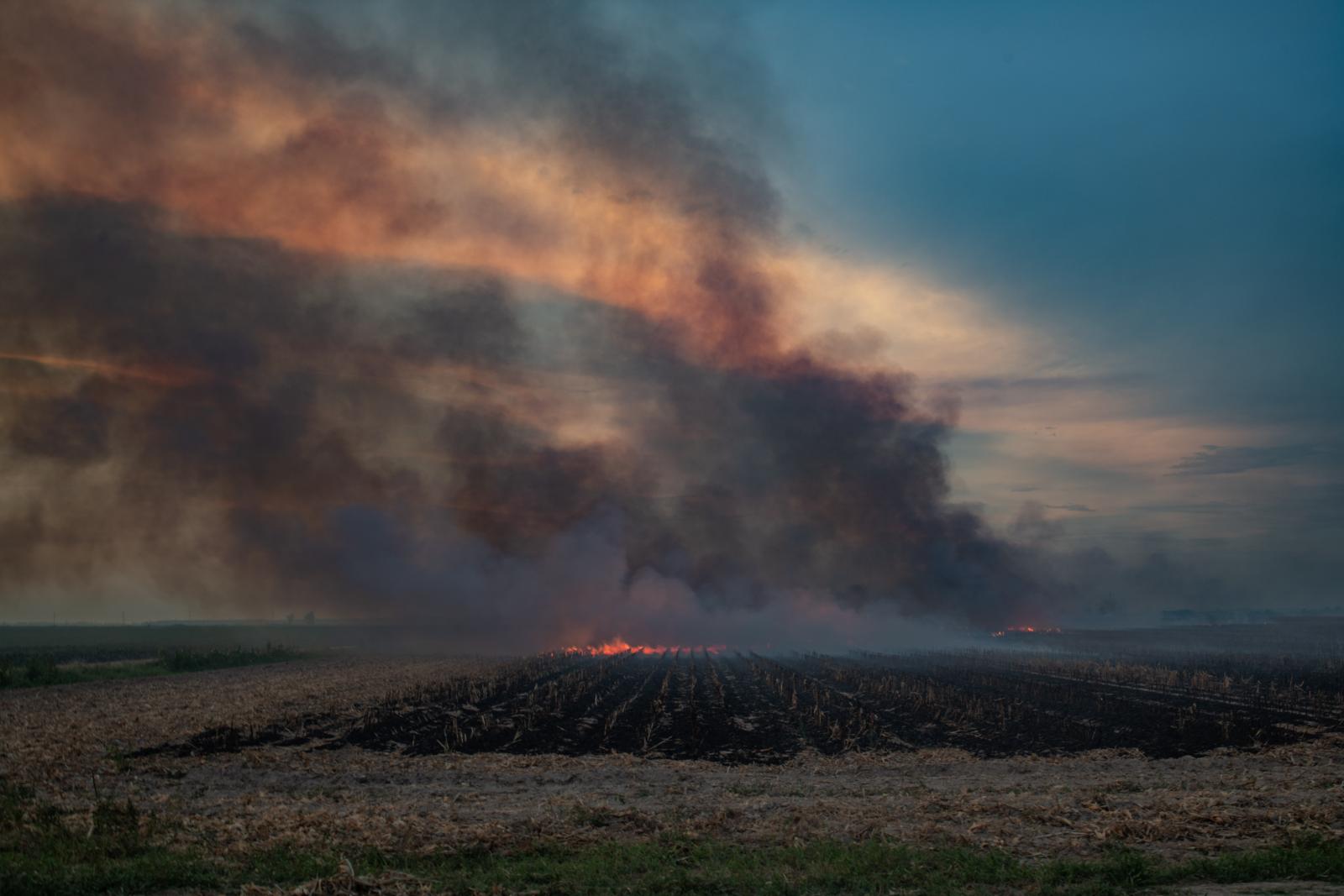Theme 4: Climate-Vulnerable Infrastructure and Health
Understanding barriers to access to healthcare infrastructure and healthy foods and examining the impacts of climate change and agricultural activities on health outcomes.

Climate-related factors, such as heightened air pollution, droughts, greenhouse gas emissions, and particulate matter (PM2.5), have been identified as contributing to negative health outcomes, including respiratory illnesses. Regions characterized by intensive agricultural activities pose a heightened risk of asthma. The Mississippi Delta region stands out with a disproportionately high prevalence of asthma. In addition to respiratory health challenges posed by climate-related factors, residents in the Delta region struggle with enduring obstacles to accessing healthcare services and healthy foods. The availability of health infrastructure in this region is limited. Residents must travel long distances to reach healthcare facilities and food stores offering healthy choices, exacerbating their overall health outcomes.
The objectives of Theme 4 are to:
- Understand barriers in access to healthcare infrastructure experienced by residents living in natural hazards-prone areas.
- Investigate the food access, security, and resiliency among Mississippi Delta residents.
- Assess the impact of climate change and agriculture activities on residents' health outcomes.